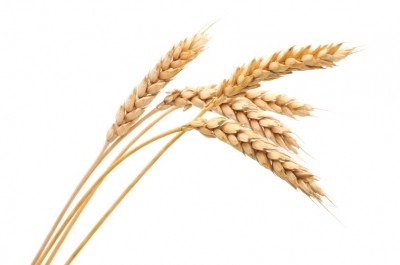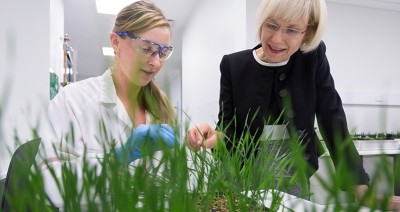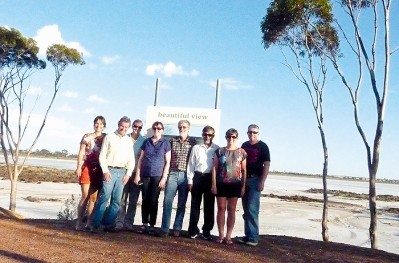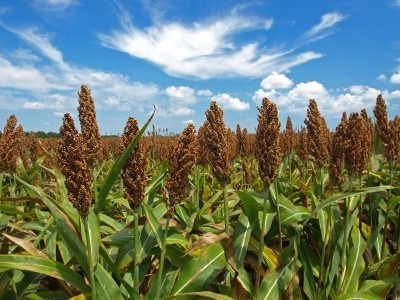Crop researchers join forces to bolster global wheat production
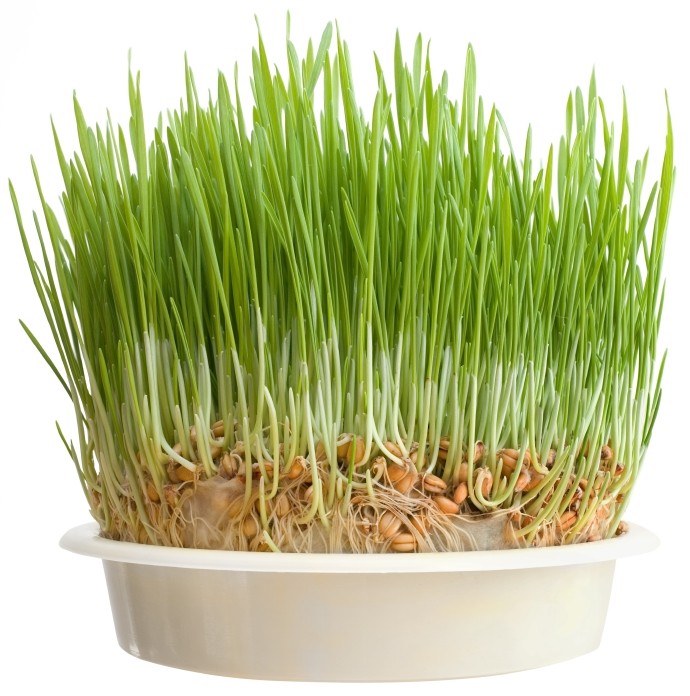
The International Wheat Yield Partnership (IWYP) was launched in March as part of the G20 nation’s Wheat Initiative to promote and support sustainable wheat production in response to growing concerns about food security over the coming years. Researchers involved come from the UK’s Biotechnology & Biological Sciences Research Council (BBSRC), Mexico’s International Maize and Wheat Improvement Center (Cimmyt), US government agency USAID and the Secretariat of Agriculture, Livestock, Rural Development, Fisheries and Food of Mexico (SAGARPA).
The researchers said wheat was a major source of calories and protein for 4.5bn of the planet’s seven billion inhabitants but demand was increasing much faster than production. The World Bank estimated yields would need to increase by approximately 60% before 2050 to meet rising demand.
Wheat varieties adapted for geographies
Speaking to Milling & Grains, partnership chairman and deputy CEO at the BBSRC Steve Visscher said: “We need a collective global approach to make more wheat available.”
“It’s the most widely grown staple food crop and new varieties with increased yield will be vital,” he said.
The IWYP will help deliver one of the Wheat Initiative’s key targets to increase crop yields through the development of new wheat varieties adapted to different geographical regions with the financial support from private and public partnerships.
Sun energy focus can spark change
“By working together IWYP members will enable scientific breakthroughs that are out of reach via existing mechanisms,” explained Visscher. “One focus will be to improve wheat’s use of the sun’s energy. Other important crops, like maize, are much more efficient at turning sunlight’s energy into food.”
Wheat uses only about 1% of sun’s energy to produce the parts for human consumption, compared to maize’s 4% and sugar cane’s 8% efficiency, he said, and by increasing wheat’s photosynthetic efficiency by just 0.5%, growers could propagate significant yield increases using the same amount of land, volume of water and quantity of fertilizers.
Overall, IWYT scientists will focus on six key research areas including optimizing wheat development and growth to improve grain yields and harvest index, developing elite wheat lines for use in other breeding programs, building on discoveries in wheat relatives and other species, and fostering breakthrough technology development that can transform wheat breeding.
The researchers acknowledged that some progress on yield improvement in developing countries was made during the 1940s and 1960s, but added that the pace had since slowed and advances in gene-based technologies and plant science should accelerate advancement.
